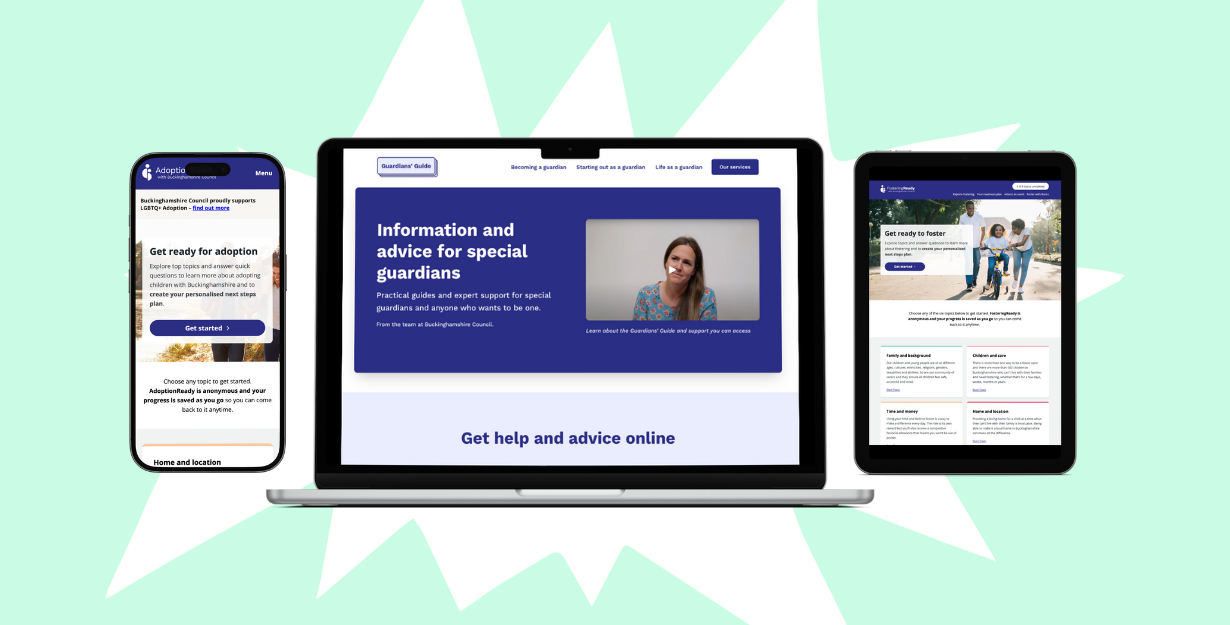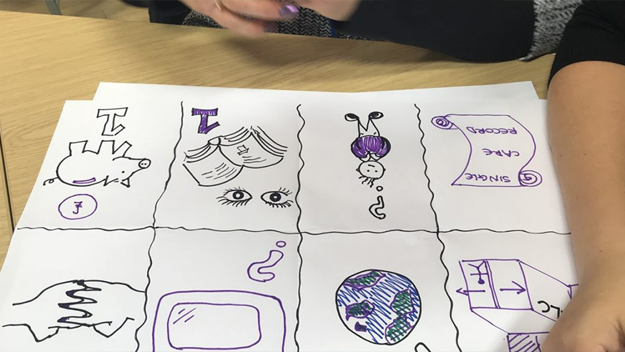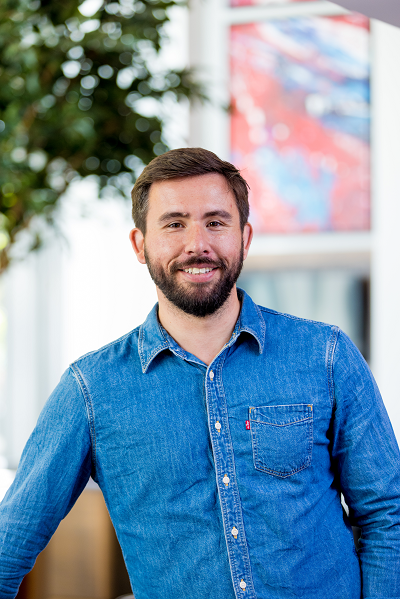Over the past 10 months, we’ve been working with North East Lincolnshire Council and the North East Lincolnshire Clinical Commissioning Group on their journey to build a 21st-century approach to seamless health and social care. Coming together to create The Union, we’ve been supporting them to design a Future Operating Model to help set the standard for the future of decision-making, culture, technology and organisational design.
Pre Covid-19, we’d prototyped opportunity areas which included small scale, localised testing of parts of the Future Operating Model. By February, Beta testing plans were approved to test the model at scale and closer to a ‘live’ environment. With two services due to be recommissioned in the following months, we would have an opportunity to deliberately and iteratively test our approach, applying the model’s strategic principles, setting up multidisciplinary teams, using tools for collaboration and establishing agile ways of working across corporate services.
Mere weeks after outlining plans to move into Beta testing, the world changed as Covid-19 spread rapidly across the country. Our work was temporarily put on hold while crisis response and emergency support were rolled out by the two, now joined-up organisations working together to solve challenges across the region.
Redefining our focus on Covid-19
While the organisations pivoted to manage the immediate crisis, interesting lessons emerged. As The Union began to transition from emergency response and into recovery, we undertook a stocktake with a broad cross-section of staff from across the Council and CCG to understand their experiences in providing emergency support within the new operating model.
Seemingly overnight, perceived obstacles were removed. Facing a pandemic that touches the lives of every resident, and new working expectations and arrangements for staff, The Union leadership team came together around one strategic priority. With clear, well communicated direction from leadership, multidisciplinary teams coordinated to resource and deliver effective and collaborative work, quickly adopting new tools to work together remotely, and new models of partnership and ways of working emerged. In the words of one senior leader, it was “place based, multi agency working at its best”.
In their response, the organisation seamlessly scaled many of the principles and prototypes we’d been testing. The immediacy of changes accelerated our work, changing hearts and minds even quicker than we hoped. We now find ourselves in a changing world and recognise the need to review our approach to testing and scaling the Future Operating Model to be more fit for purpose.
Collaboration is the priority
The Union’s Covid-19 crisis response confirmed that the organisation’s legitimacy lies in its vision, insight and relationships. Where previously, the two biggest challenges faced by The Union were unguided employee autonomy and a vision lacking active, directive qualities, they responded to the crisis with clear strategic principles and 21st century ways of working, giving decision-makers the tools, support or permissions to make the most appropriate decisions.
Organising quickly in this way, everyone understood the vision and knew how to implement it autonomously. For the first time, working in partnership to self organise and make decisions to achieve shared goals felt like a real, tangible approach. Cementing new relationships with the voluntary and community sector, and thinking about how to organise teams and work in a way to do this going forward, is essential. This clear focus on relationships, decision making and data are vital to new ways of working, it’s not simply about technology.
It’s also made clear the importance of having access to high quality data and insights and the subsequent impact that can have on the quality of leadership decision making and service level commissioning. By ensuring that there is the right blend of qualitative insights and quantitative data, teams have seen the difference it can make to their understanding of the problems they are solving. It can help teams to change their delivery model by understanding more about what is working ‘on the ground’, and help leadership teams make better decisions about future strategy.
What’s next?
The last few months have taught us a lot about what’s possible when barriers, both real and perceived, are removed. But also, the incredible things that can be achieved when working collaboratively. Systems and structures that previously seemed immovable were changed and shifted overnight, with focus and clarity given in a time of extreme uncertainty.
The Union is emerging with a clear sense of what they’re capable of achieving when working collaboratively. Ultimately, this change in mindset is an opportunity to really make our work ‘stick’ and support the Lincolnshire ambition to deliver place-based change.
Over the next few months, we’ll progress Beta testing within this new context, working with colleagues from across Digital, HR, Finance, Procurement and Legal to design the future of corporate support and a replicable template that could be used across both organisations as they seek to meet post Covid-19 financial challenges whilst also delivering modern, 21st century public services.

Digital tools empowering residents to care for at-risk children
Creating a groundbreaking suite of new digital tools to support caregivers of at-risk children, provide guidance and drive applications.
Read moreOur recent insights

Planning reform: simplify, standardise, and engage
How we can streamline planning with clarity, consistency, and appropriate citizen input to boost development and hit housing targets.
Read more
Visual facilitation and thinking with the Office for National Statistics
A sneak peek at our visual facilitation training with ONS, sketching, simplifying concepts, and applying visual thinking in complex contexts.
Read more
Building agile mindsets in organisations
How to create a culture where agile working is at the heart of your projects.
Read more

